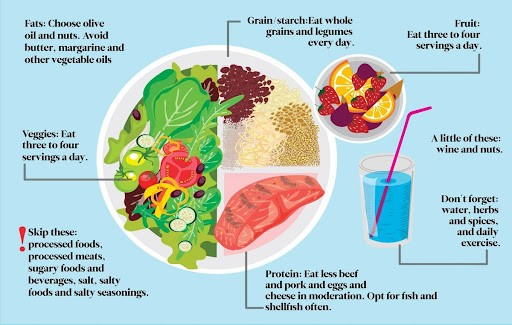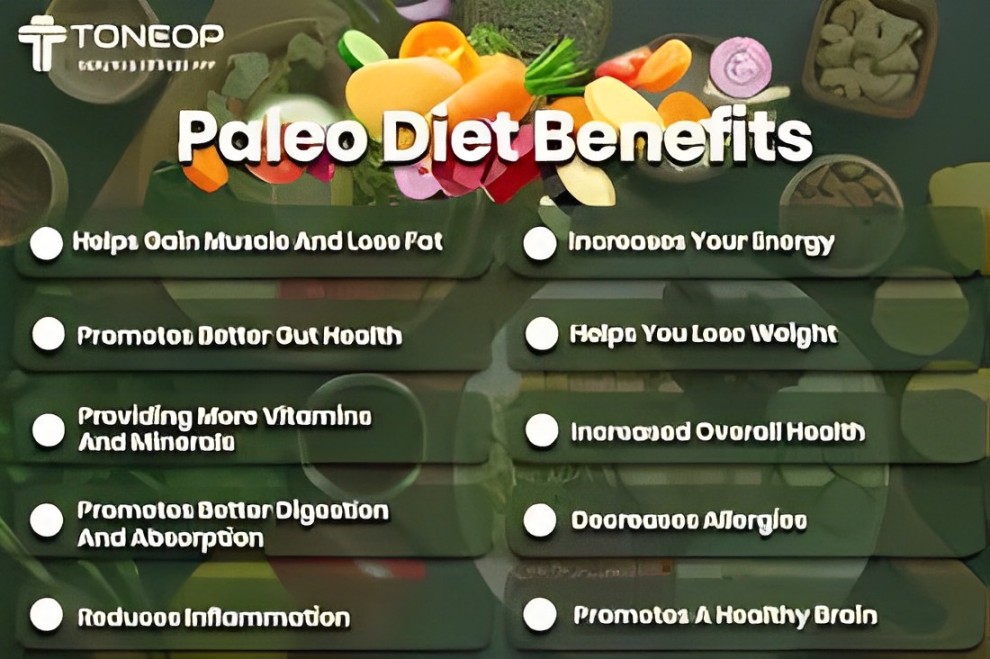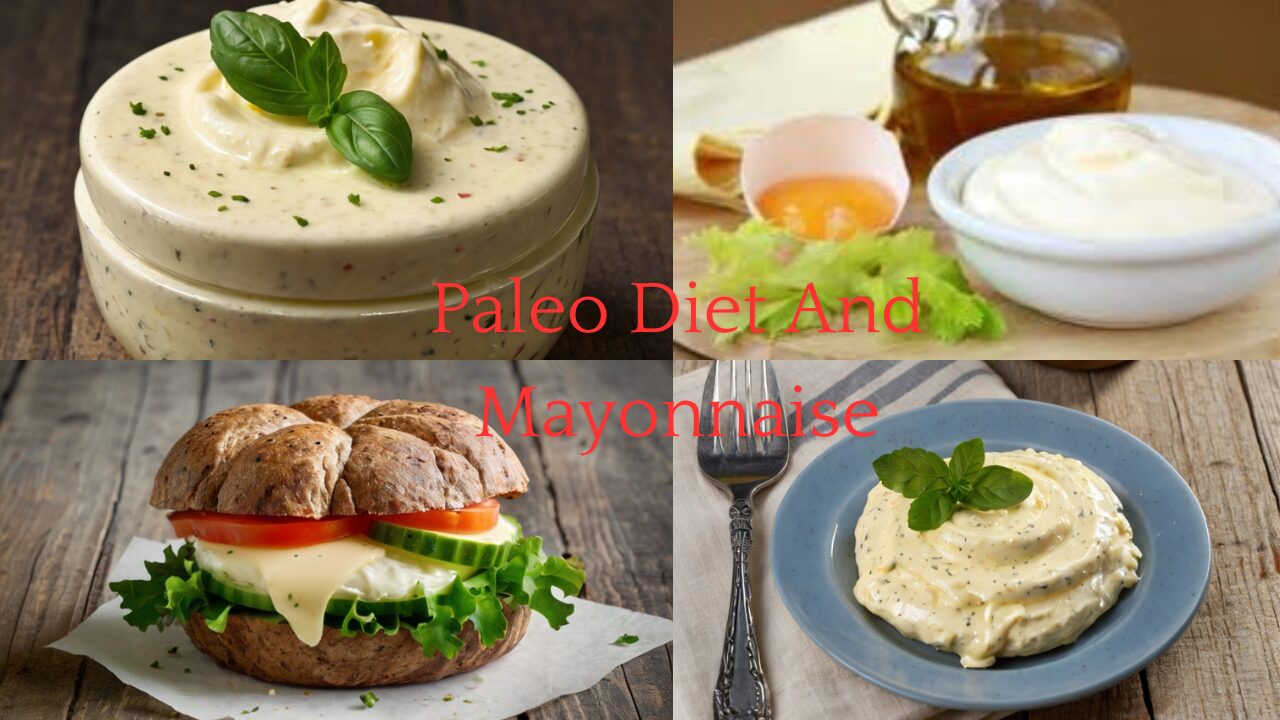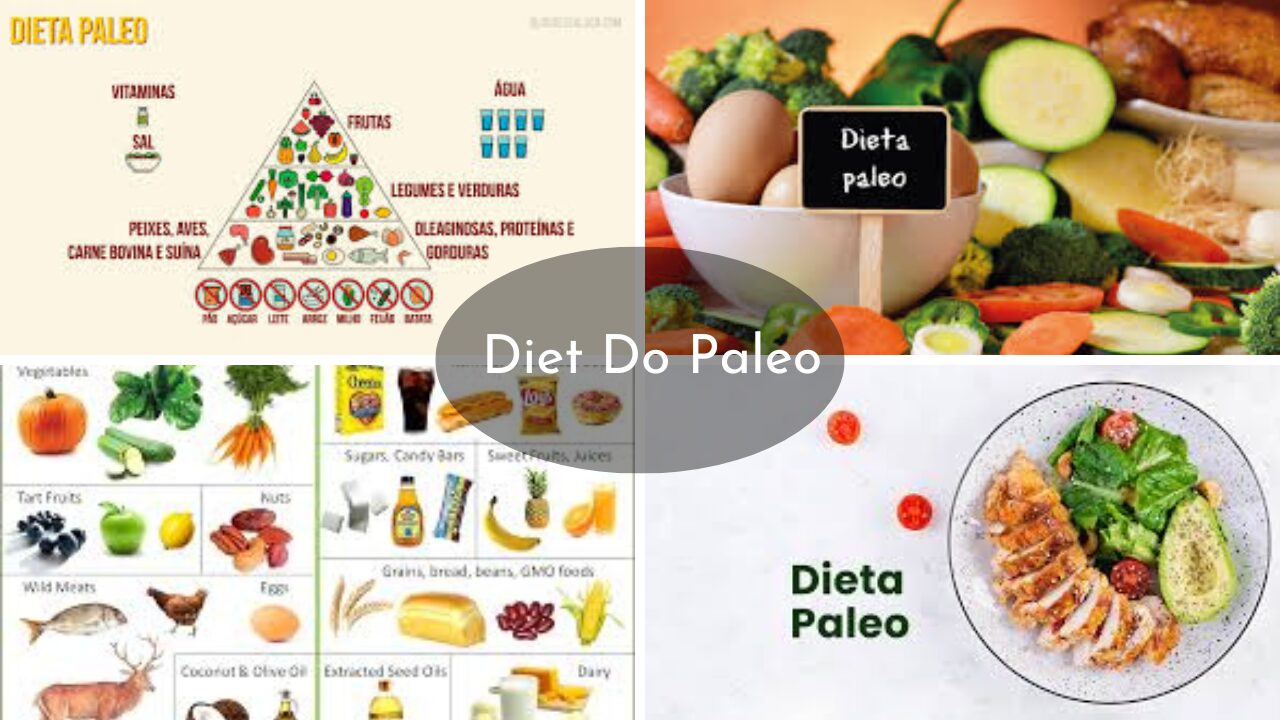Mediterranean Diet vs. Paleo
Introduction
With legions of devoted adherents who vouch for their individual health advantages, the Mediterranean and Paleo diets have become two of the most well-known eating regimens in the field of nutrition and wellness. Though they both emphasize whole foods, the diets have somewhat different dietary selections and philosophical stances. This thorough book attempts to examine the subtle differences between the Paleo and Mediterranean diets so you may choose which is the best for your lifestyle and health objectives.
Understanding the Mediterranean Diet

The traditional food customs of those living in the Mediterranean Sea-bordering nations of Italy, Greece, and Spain served there served as an inspiration for the Mediterranean diet. It’s a lifetime eating and living style that stresses:
- Lots of fruits, veggies, whole grains, and legumes.
- Healthy fats such as olive oil
- Moderate eating of poultry and fish
- Low consumption of processed meals, dairy products, red meat, and sweets
- Wine in moderation, typically with meals
Health Benefits
Research attributes numerous health benefits to the Mediterranean diet, including reduced risks of cardiovascular disease, stroke, type 2 diabetes, and certain cancers. It’s also associated with longer life expectancy and has been found beneficial for brain health and weight management.
Understanding the Paleo Diet

The Paleo diet, also known as the Paleolithic or “caveman” diet, harks back to the eating patterns of our hunter-gatherer ancestors. It posits that modern diseases stem from the Western diet and processed foods, suggesting that a return to pre-agricultural revolution foods could improve health. The Paleo diet emphasizes:
- A high intake of meat, fish, vegetables, fruits, nuts, and seeds
- Exclusion of all grains, legumes, dairy products, refined sugar, salt, potatoes, and highly processed foods
Health Benefits
Paleo diet proponents say their diet may result in major weight reduction and better health. These assertions have some support from studies that point to decreases in blood pressure, lipid profiles, and waist circumference. Increased satiety brought on by the diet’s high protein and fiber content may also help with weight control.
Key Differences Between Mediterranean and Paleo Diets
While both diets advocate for whole foods and share some common ground, there are stark differences in their approach:
- Grains and Legumes: The Mediterranean diet includes whole grains and legumes as staples, while the Paleo diet strictly excludes them.
- Dairy: Limited dairy is permitted on the Mediterranean diet, especially fermented dairy like yogurt and cheese, whereas the Paleo diet excludes dairy.
- Fats: The Mediterranean diet emphasizes healthy fats, particularly from olive oil, while Paleo promotes fats from animal sources and nuts.
- Alcohol: Moderate wine consumption is part of the Mediterranean diet’s appeal, whereas alcohol is off-limits on the Paleo diet.
Which Diet is Right for You?
Your body’s reactions to certain foods, dietary choices, and personal health objectives will determine which of the Mediterranean and Paleo diets you follow. Several things to think about:
- Personal Health Goals: If heart health and longevity are your primary concerns, the Mediterranean diet might be more appealing. If weight loss and avoiding processed foods are your main goals, Paleo could be a better fit.
- Food Preferences: Your preference for grains, dairy, and legumes will significantly influence your choice. If you enjoy these foods and don’t want to give them up, the Mediterranean diet is likely a better option.
- Lifestyle and Sustainability: Consider which diet is more sustainable for your lifestyle. The Mediterranean diet may be easier to stick with long-term due to its flexibility and inclusion of a wider variety of foods.
(FAQs) About Mediterranean Diet Vs Paleo
Which diet is better for weight loss?
Should either diet result in a calorie deficit, weight reduction may be achieved. The Mediterranean diet, however, is less restricted, which makes it maybe easier to stick to over time.
Can vegetarians or vegans follow these diets?
Vegetarians can adapt the Mediterranean diet quite easily due to its flexibility and emphasis on plant-based foods. The Paleo diet is more challenging for vegetarians or vegans since it heavily relies on meat but can be adapted with careful planning.
Which diet is better for heart health?
The Mediterranean diet has strong evidence supporting its benefits for heart health, including lowering the risk of heart disease and stroke. The Paleo diet also promotes heart health through the elimination of processed foods and sugars, but there’s less research backing its cardiovascular benefits compared to the Mediterranean diet.
Can someone with diabetes follow a Paleo diet?
Because the Paleo diet is low in glycemic index, it may help with insulin sensitivity and blood sugar management. But before making any big dietary adjustments, people with diabetes should speak with a medical professional.
How do I choose between the Mediterranean and Paleo diets?
Consider your personal preferences, lifestyle, and any specific health conditions. If you prefer a more flexible diet that includes a wide variety of foods and emphasizes plant-based meals, the Mediterranean diet might be more suitable. If you’re looking to eliminate processed foods and sugars and don’t mind a more restrictive approach, the Paleo diet could be a better fit.






